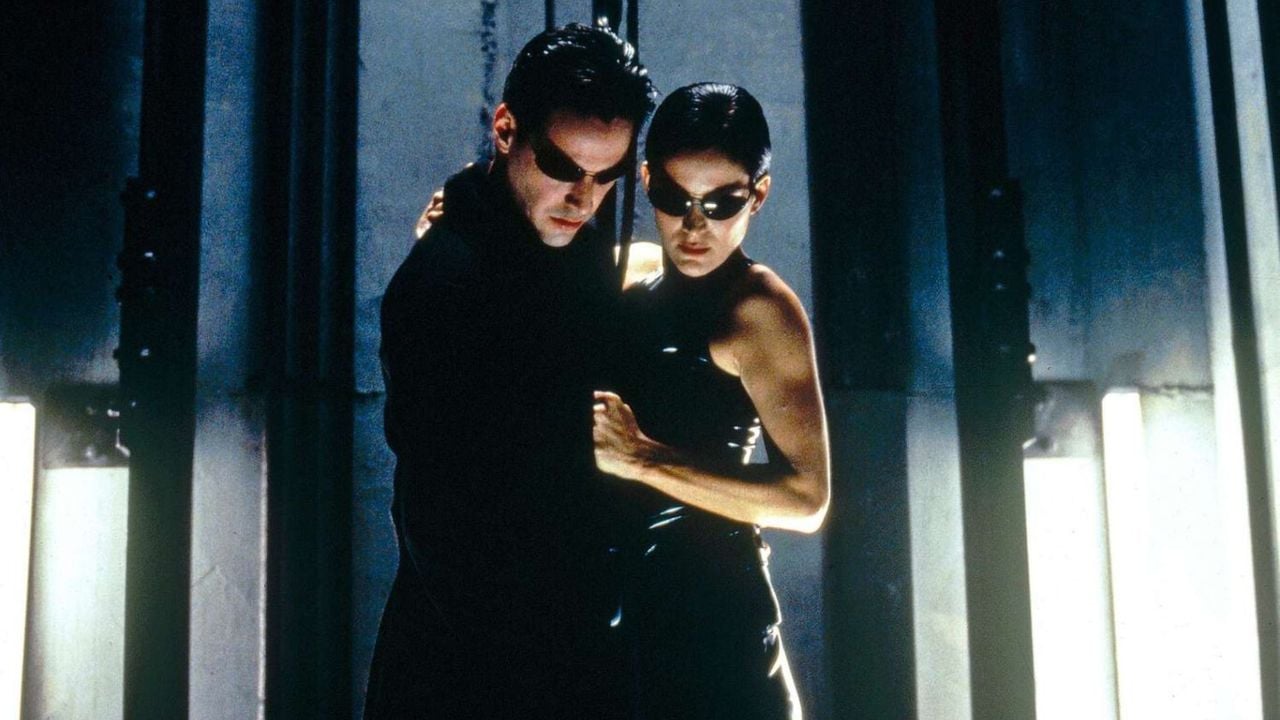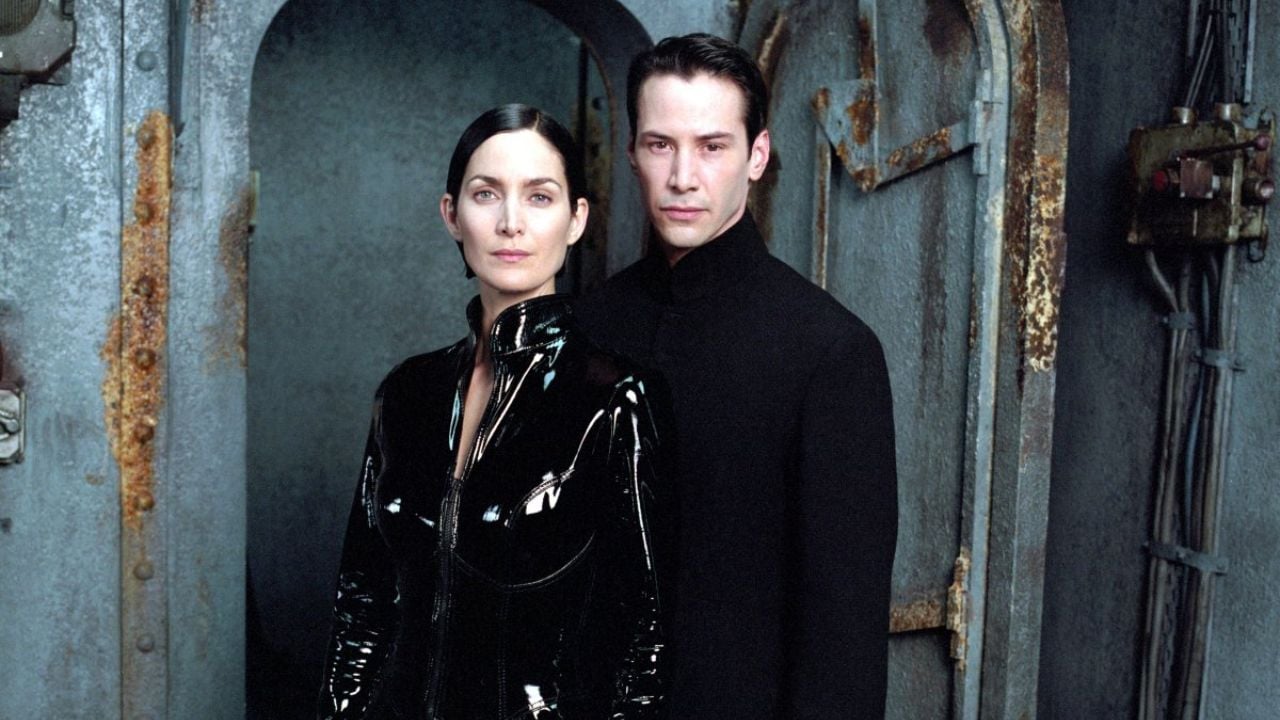More than two decades after its debut,
Matrix
continues to be much more than just one of the most influential science fiction franchises in modern cinema. Created by sisters Lana and Lilly Wachowski, the saga revolutionized action cinema with its iconic kung-fu-inspired choreographies, pioneering visual effects, and
its cyberpunk aesthetic
.
The Matrix also became a mirror of the fears, anxieties, and complexities of the digital age, exploring big questions about reality, control, identity, and individual freedom amidst slow-motion bullets and green code scrolling across black screens.
Meanwhile, beyond its many philosophical and technological layers, there is an emotional and deeply human truth that underpins the entire saga. After all, The Matrix is ultimately also a love story. And if there is one moment when this idea is clearly articulated, it is in a scene from
Matrix Reloaded
, the second film in the franchise, which redefines not only Neo’s purpose as a character, but the very meaning of the saga’s universe as a whole.
Love transcends

At the end of The Matrix Reloaded, Neo (
Keanu Reeves
) confronts the Architect, the program that designed the Matrix system. In this encounter, one of the most enigmatic in the entire franchise, the Architect reveals that the myth of the One is part of a control cycle created to restart the Matrix and prevent its collapse. In other words: everything Neo had experienced up to that moment had been foreseen and orchestrated.
This is a revelation that awakens a dilemma, in which Neo can proceed with the plan and allow humanity to survive, but at the cost of his bond with Trinity (
Carrie-Anne Moss
). What the protagonist does is exactly what was not part of the machines’ plans: he chooses love above all else.
With this gesture, he not only defies the logic of the system but also introduces the saga’s true thematic core: the power of human connection as an unpredictable and uncontrollable force, irreducible to any algorithm.
It was always a love story

Although it may seem that the central theme of The Matrix is emancipation from digital control or humanity’s struggle against technological oppression (which they certainly are), one of its major driving forces has always been the relationship between Neo and Trinity. Already in the first movie, when Neo dies at the hands of Agent Smith, it is Trinity’s love that resurrects him, allowing him to awaken as The One.
This moment, which in any other type of movie could sound cheesy, is actually
deeply epic and cathartic
In Matrix, since the Wachowski sisters add a meaningful and emotional background to it.
From this point on, the saga never ceases to insist on this idea: that love, as an act of faith, is also a form of revolution. It’s an element impossible to be predicted by machines, but it’s also a source of energy that literally sustains their entire universe.
The Matrix has been analyzed ad nauseam from many different angles, but we often forget that it has a deeply emotional core. Perhaps this is why we keep returning to these films, because beyond being fascinated by their digital codes, we also let ourselves be carried away by its heart.
Matrix and Matrix Reloaded are available on Max.
Read the article at radarsantri.com